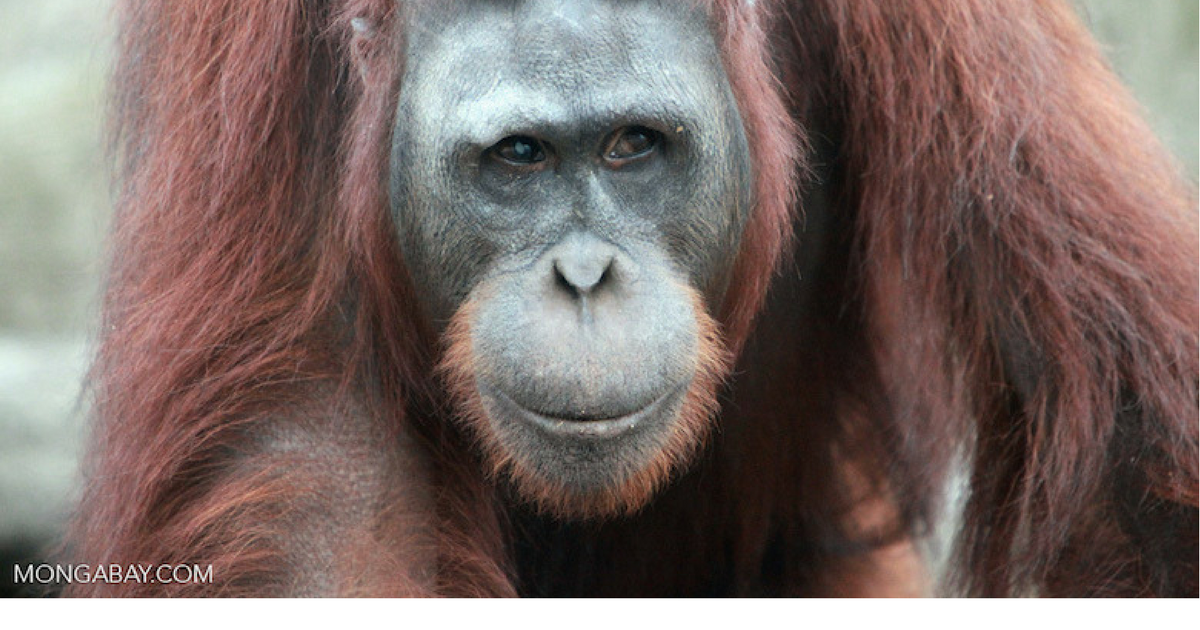- Warning: Article contains potentially disturbing photo of orangutan’s body below
JAKARTA — Conservation authorities in Indonesia are investigating the death of an orangutan whose headless and apparently tortured body was found earlier this week in a river in central Borneo.
A villager in South Barito district, in the province of Central Kalimantan, discovered the bloated body of the male Bornean orangutan (Pongo pygmaeus) on Monday, according to Adib Gunawan, the head of the provincial wildlife conservation agency.
He said it appeared the body had been in the water for two days before being found.
The body was decapitated and hairless, and covered in lacerations. Its arms were also nearly severed, indicating it had suffered extensive abuse before it was killed.
“We are coordinating with the police to investigate this case,” Adib said.

Authorities carried out preliminary tests on the body before burying it, citing the fear of the spread of disease. The hasty burial, however, done before a proper necropsy could be conducted, was slammed by wildlife conservation activists.
Ramadhani, a director at the Center for Orangutan Protection, said a necropsy would have been key to finding out how the orangutan died, and thereby aiding in the investigation.
“We could have checked its lungs to see whether the orangutan died from drowning or was killed before it was thrown into the river,” Ramadhani said. “Wildlife deaths must not be taken lightly. We must follow procedures first before we bury the body.”
The Bornean orangutan is categorized by the IUCN as “Critically Endangered,” just a step away from being extinct in the wild. The main threats to the species’ survival are the loss of habitat, as forests across Borneo are razed to make way for monoculture plantations and mines, and poaching for the illegal pet trade.
Operators of oil palm plantations, in particular, consider orangutans a pest because they are known to eat the palm fruit. A 2005 study by the conservation NGO Friends of the Earth found that one such company in Central Kalimantan would pay local people 150,000 rupiah (about $10) for every orangutan killed.
Orangutans captured alive can be an even more lucrative quarry. Wild-caught orangutans fetch up to IDR 1 million (US$70) in Kalimantan, but by the time they reach the major markets of Java they can sell for three times as much, according to the Orang Utan Republik Foundation.
Adib said his agency would ramp up its community outreach and education programs to raise public awareness about protecting the local wildlife.
Orangutans are ostensibly protected by law, but lax enforcement means few perpetrators ever face justice for killing or trading in these great apes. Under the wildlife conservation law, maximum prison sentences of five years and fines of up to 100 million rupiah ($7,000) can be imposed on anyone convicted of killing, trading, keeping or transporting protected species.
This article was originally published by environmental news site Mongabay. Read the original article here.





Reader Interactions